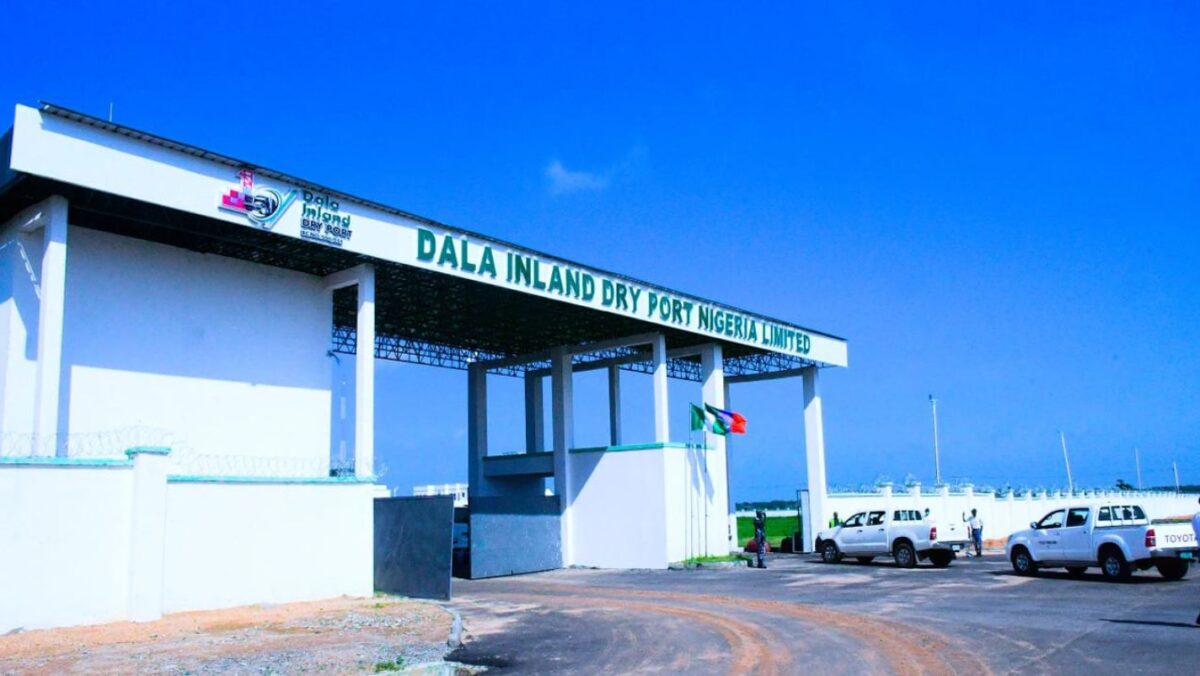
By Oluyinka Onigbinde
In response to recent reports indicating a significant decline in cargo reception via rail at the Kaduna Inland Dry Port (KIDP) and Dala Dry Port, managers of the two ports have shed light on the situation, attributing the shift to road transportation to ongoing challenges with the standard gauge rail system of the Nigerian Railway Corporation (NRC).
Mr. Raheem Hassan, the General Manager of Kaduna Inland Dry Port, and Alhaji Ahmed Rabiu, the Managing Director of Dala Port have emphasized that despite the perception of dwindling activities, cargoes have indeed been flowing into the ports, albeit through the roads, due to the non-functioning state of the standard gauge rail.
Addressing the root causes of the shift, Hassan highlighted the instability in customs duty payment exchange rates, as well as challenges in accessing dollars for import transactions, which have significantly impacted importation rates and subsequently, the volume of cargo handled at the ports.
He also tressed the necessity of a reliable rail system for mass evacuation, cost reduction, and cargo safety, emphasizing sentiments commonly observed in developed countries’ port operations.
Despite the prevailing challenges, both managers reassured stakeholders of the ports’ operational capabilities, citing figures that indicate Kaduna Inland Dry Port alone has been handling over 100 cargo units monthly.
Moreover, Hassan disclosed that the Nigerian Railway Corporation (NRC) has provided assurances regarding the commencement of rail haulage before the end of the current quarter.
However, he emphasized the importance of comprehensive logistics planning to ensure smooth transit operations once rail services resume.
However, by last weekend, the NRC began a test-run of resumed cargo freighting by rail to Dala Inland Dry Port.
A video of the test-run was sighted by one of our correspondents.















